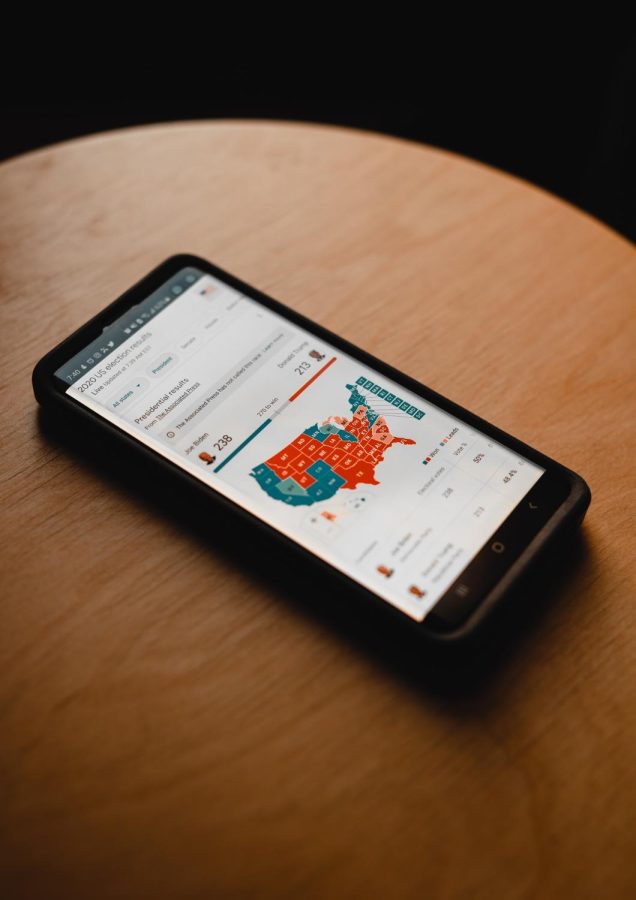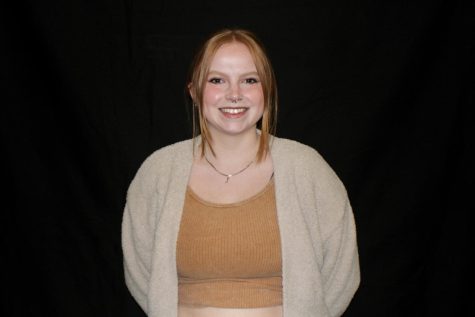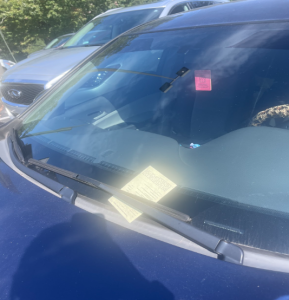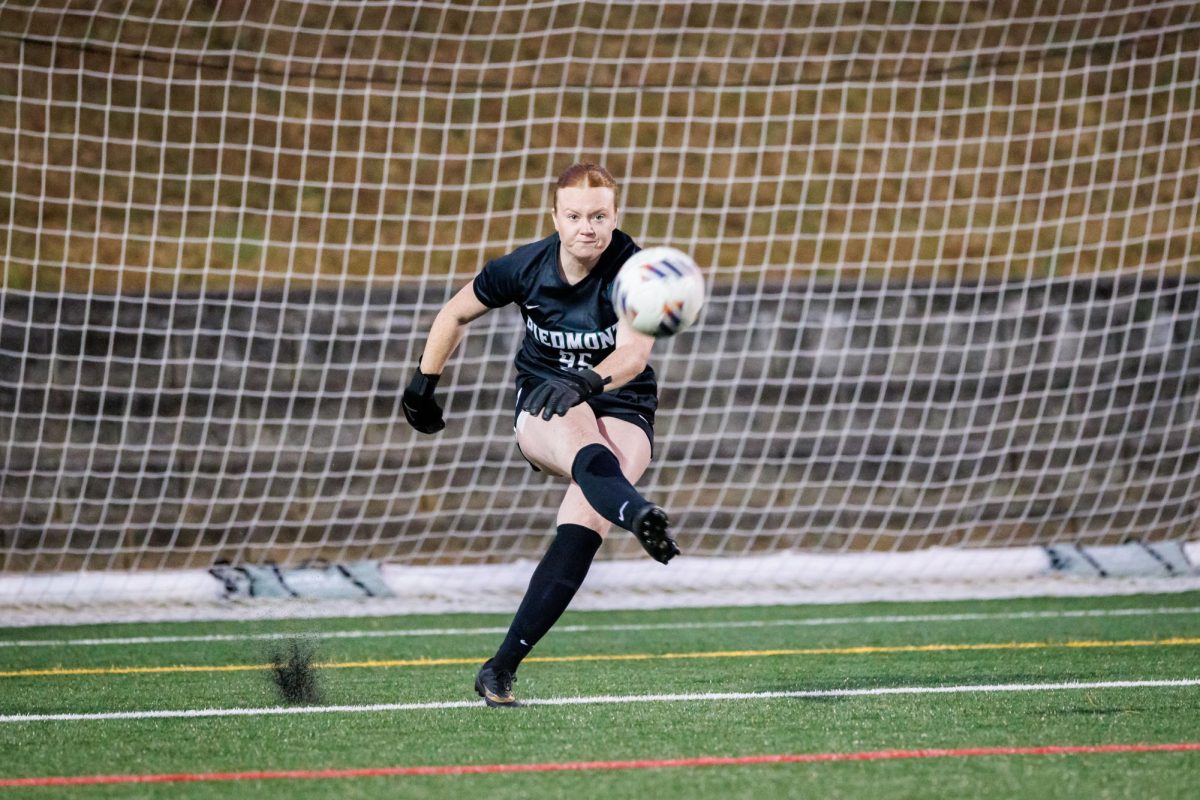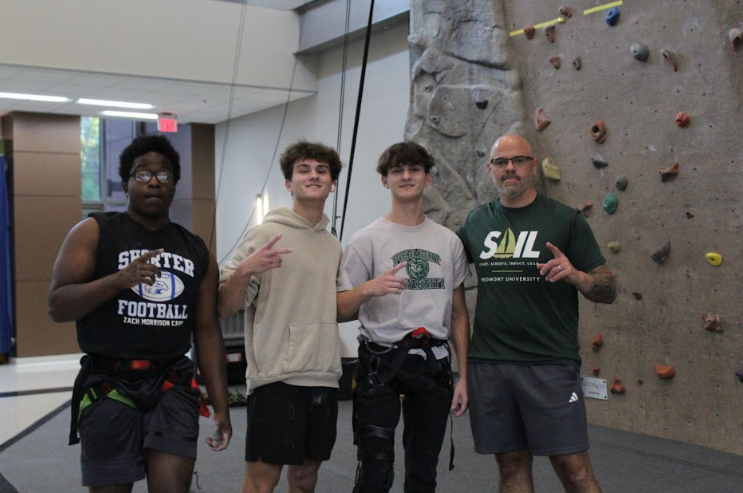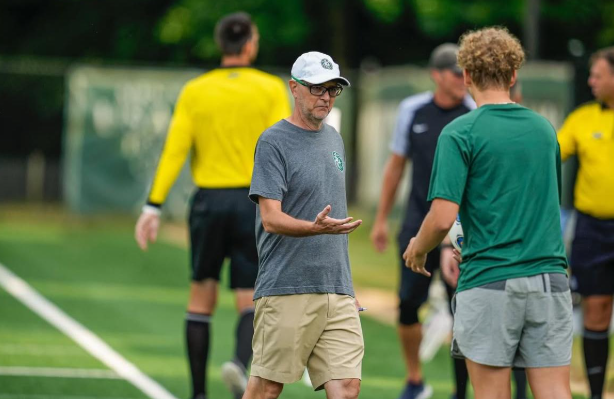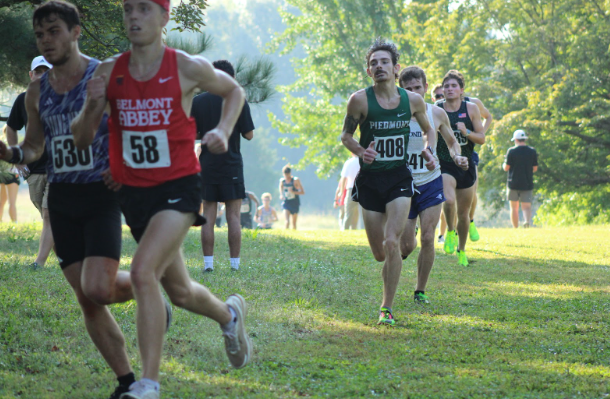Foreperson of Fulton County’s Special Purpose Grand Jury Embarks on ‘Media Tour’
February 24, 2023
In 2020, President Joe Biden was elected to office. Former President Donald Trump did not take this loss lightly, claiming that he did not lose the election, later resulting in an attempted insurrection at the capitol.
These events were of special relevancy in Georgia, a flip-state, where Biden narrowly won. Trump soon began making accusations of a false election and voter fraud, even calling Secretary of State Brad Raffensperger to request that he “find 11,780 votes.”. Additionally, two poll workers who faced accusations by the former president are pursuing legal action.
Fulton County District Attorney Fani Willis began an investigation of Trump’s activities in Jan. 2021, requesting a special grand jury the following year.
A special grand jury’s parameters allow the members to investigate a certain topic without time restrictions; the jury has the ability to subpoena witnesses, but does not possess the power to indict any crimes.
In Jan. 2023, the jury came to a close and parts of the report were released to the public.
Of the report, the introduction, conclusion and a section discussing some concerns that witnesses were dishonest were included in the release. The rest of the report remains sealed, containing any recommendations made by the jury to pursue criminal charges.
Following the release of this information, the jury foreperson, Emily Kohrs, appeared on news outlets to discuss the information released. These discussions brought forward questions of the legalities of Kohrs appearances and whether what was said could impede potential indictments.
Most pivotally, Kohrs discussed the individuals at risk of indictment, stating that there are recognizable names and the recommended charges are “not a short list.” Kohrs has since faced widespread criticism for her appearances, especially given her expressive composure.
Kohr’s has not explicitly broken any laws but walks a fine line in her interviews. Typically, jurors are largely prohibited from discussing proceedings, though Georgia law only specifies that they cannot discuss deliberations.
There has been some disagreement as to whether or not Kohr’s did violate this law, as some feel that she implicates individuals that were recommended in the pursuance of charges. Trump’s lawyers, Drew Findling and Jennifer Little criticized the special purpose grand jury.
Trump shared his own feelings on the matter on his social media platform, Truth Social, calling the process a witchhunt.
It is unlikely that any legal ramifications will result from Kohr’s appearances. As for the findings and recommendations of the special purpose grand jury, Willis has the decision-making power of whether to pursue any further legal action based off of the information gathered in the report.


